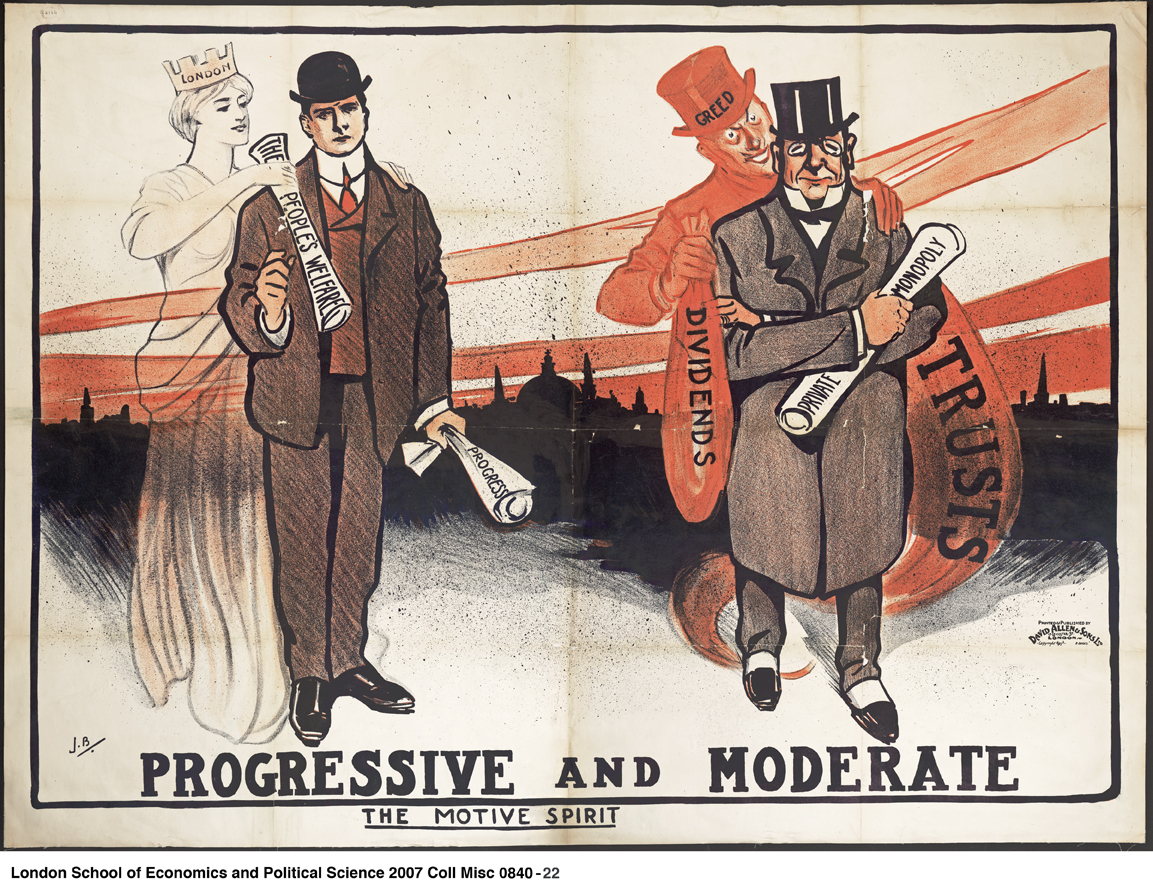Tag: GDP
-

Elections, Partisanship, and the Call for Moderation in Civic Life
No matter how much we might disagree about one law or policy, that disagreement should not be allowed to destroy the possibility of a future alliance on a different problem. Citizens tempted by partisanship have to find a way to hold their ideas and convictions loosely. They have to preserve civic friendship and reject permanent…
-
2012 is NOT the Most Expensive Election in History, in GDP-adjusted Terms
Last year, I suggested that liberal objections to Citizens United were partly justified by predictions about its effects that I didn’t see as probable. As the election draws to a close, we can begin to say whether the consensus view or my own views were accurate. Here goes: as a percentage of GDP, this is simply…
-
The Fallacy Fallacy [sic] of Mood Affiliation (Workplace Domination Part Two)
In his initial response to the the Crooked Timber bloggers, Cowen also suggests that he doesn’t like the “mood affiliation” of the CT bloggers: I am not comfortable with the mood affiliation of the piece. How about a simple mention of the massive magnitude of employee theft in the United States, perhaps in the context…
-
Did the Bipartisan Campaign Reform Act “Bend the Cost Curve” on Campaign Spending?
Apparently, it did! On Thursday, I produced a graph and some older papers in economics that made the case that there is a pretty clear trend in campaign spending that was completely unaffected by the 2002 BCRA. However, I’m a philosopher, not an econometrician, so I left off the most important part: comparing growth in…
-
Arendtian Natality, Caplan’s Selfish Reasons to Have More Kids, and Antinatalism
Because of my work on Hannah Arendt, I often struggle with the apparent incongruity between her account of natality and my own tendency towards antinatalism. Natality is at the heart of Arendt’s project, a rejection of the Heideggerian obsession with mortality and being-towards-death: “It is in the nature of beginning that something new is started…
-
The Great Stagnation and the Possibilities of Redistribution
Tyler Cowen’s new e-pamphlet (The Great Stagnation) takes on the slowing gains to be had from social and technological progress and offers an interesting explanation of some of the trends that many people see as troubling: the flat arc of median incomes since 1973 and the apparently universal surprise that the last decade offered no…
-
Is more illegal immigration the best we can do?
Will Wilkinson on Bryan Caplan’s (false?) dilemma: Bryan Caplan lays down a challenge to liberaltarians: From what philosophic point of view is “maximizing growth + lots of redistribution + the immigration restrictions lots of domestic redistribution naturally encourage” better than “maximizing growth + no redistribution + free immigration”? Whether you’re concern for the poor is Rawlsian,…
-
Conceptual and Practical Obstacles to Futarchy
In his comments on my post last week, Robin Hanson asked about the conceptual work still needed to advance the cause of prediction markets as tools for governance.
-
Hard Choices
Steven Maloney asked his students to stabilize the budget using the CRFB’s simulator. Some couldn’t do it without making draconian choices that were particularly painful for seniors, or undoing the President’s decisions to preserve troop levels in Afghanistan and extending the Bush-era tax cuts. Some wouldn’t do it: That students would hand in deficits of…
-
How Taxation Effects Income Share (Not Much)
Last week, Greg Mankiw posted this graph without comment: I thought there was something weird about the graph, and it’s been nagging at me. For one thing, it compares the bottom four quintiles to the top 5 percent of Americans. For another, it ignores non-federal taxation. (State and local taxes are more difficult to calculate,…